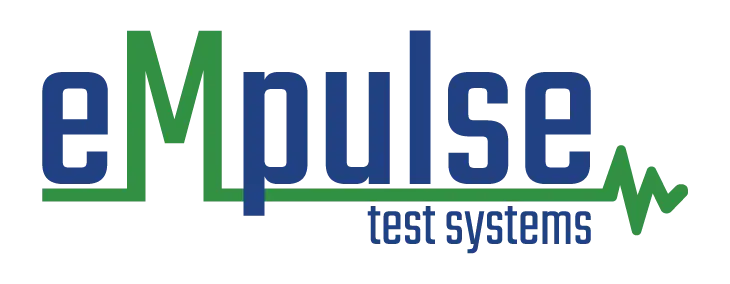Vibration Profile Development
Vibration Profile Development Services
eMpulse Test Systems provides vibration profile development services to simulate real-world conditions with precision. Our engineering support transforms real-world data into repeatable vibration profiles for consistent testing on our servoelectric road simulation and vibration equipment. With 40 years of expertise and over 200 installations across five continents, we support product development and performance reliability in automotive, aerospace, and mobility industries.
Vibration Profile Development Services
Vibration Profile Development Process
Our approach to vibration profile development uses real-world data acquisition, signal processing, and customized profile creation to replicate dynamic conditions. Whether testing vehicle components, aerospace systems, or mobility solutions, our profiles ensure products meet durability, safety, and performance standards.
Our services deliver tailored vibration profiles that reflect field conditions. The process includes:
Data Acquisition: We collect real-world data using sensors and data loggers, capturing vibrations from road surfaces, aerospace environments, or other operational conditions.
Signal Analysis: Our team uses signal processing techniques, including Fast Fourier Transform (FFT) and time-domain analysis, to identify vibration characteristics such as amplitude, frequency, and phase.
Profile Creation: Using proprietary software, we develop vibration profiles compatible with our servoelectric test systems for repeatable simulations.
Validation and Optimization: We validate profiles through iterative testing, optimizing them to match real-world conditions and meet standards like MIL-STD-810, GMW 3172, and ISO/ANSI.
Integration with Testing: Our profiles integrate with eMpulse’s servoelectric 6DOF systems, such as the seaMAST, to replicate multi-axis vibrations for product evaluation.
Vibration Profile Development Process
Our approach to vibration profile development uses real-world data acquisition, signal processing, and customized profile creation to replicate dynamic conditions. Whether testing vehicle components, aerospace systems, or mobility solutions, our profiles ensure products meet durability, safety, and performance standards.
Our services deliver tailored vibration profiles that reflect field conditions. The process includes:
Data Acquisition: We collect real-world data using sensors and data loggers, capturing vibrations from road surfaces, aerospace environments, or other operational conditions.
Signal Analysis: Our team uses signal processing techniques, including Fast Fourier Transform (FFT) and time-domain analysis, to identify vibration characteristics such as amplitude, frequency, and phase.
Profile Creation: Using proprietary software, we develop vibration profiles compatible with our servoelectric test systems for repeatable simulations.
Validation and Optimization: We validate profiles through iterative testing, optimizing them to match real-world conditions and meet standards like MIL-STD-810, GMW 3172, and ISO/ANSI.
Integration with Testing: Our profiles integrate with eMpulse’s servoelectric 6DOF systems, such as the seaMAST, to replicate multi-axis vibrations for product evaluation.
Applications Across Industries
Automotive
Develop profiles for suspension systems, chassis components, and EV battery packs to simulate road conditions, from urban streets to off-road terrains.
Aerospace
Create profiles for aircraft components to replicate turbulence, takeoff, and landing vibrations, ensuring compliance with safety standards.
Mobility and Consumer Electronics
Test wearables, scooters, and mobility devices for durability under real-world usage scenarios.
Defense and Industrial
Simulate environmental conditions for military equipment and industrial machinery to ensure operational reliability.
Applications Across Industries
Automotive
Develop profiles for suspension systems, chassis components, and EV battery packs to simulate road conditions, from urban streets to off-road terrains.
Aerospace
Create profiles for aircraft components to replicate turbulence, takeoff, and landing vibrations, ensuring compliance with safety standards.
Mobility and Consumer Electronics
Test wearables, scooters, and mobility devices for durability under real-world usage scenarios.
Defense and Industrial
Simulate environmental conditions for military equipment and industrial machinery to ensure operational reliability.
Applications Across Industries
Automotive
Develop profiles for suspension systems, chassis components, and EV battery packs to simulate road conditions, from urban streets to off-road terrains.
Aerospace
Create profiles for aircraft components to replicate turbulence, takeoff, and landing vibrations, ensuring compliance with safety standards.
Mobility and Consumer Electronics
Test wearables, scooters, and mobility devices for durability under real-world usage scenarios.
Defense and Industrial
Simulate environmental conditions for military equipment and industrial machinery to ensure operational reliability.
